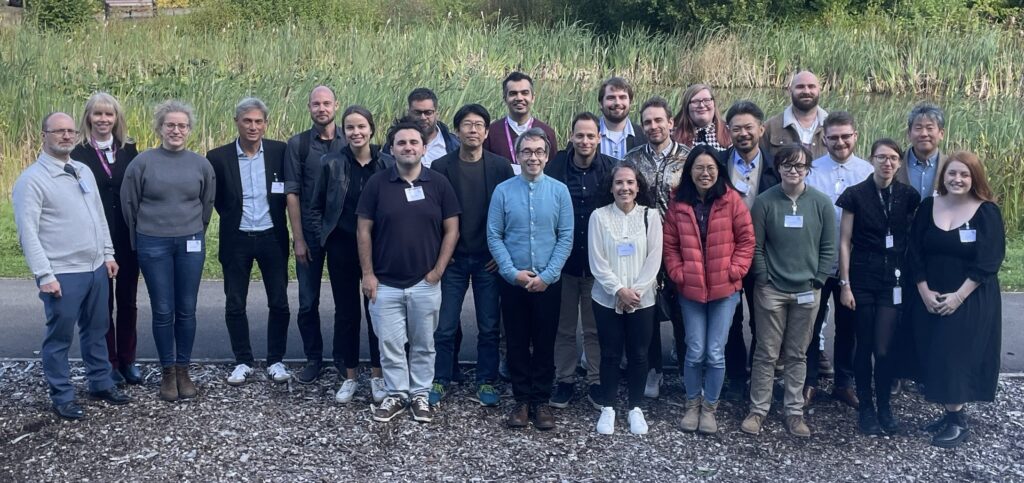Bionano 2024: A Hub for Cutting-Edge Research and Collaboration
Durham University played host to Bionano 2024 on 12 and 13 September, a significant event in the field of nanoscale biological research. The conference commenced with a warm welcome from Jonathan Heddle, followed by a keynote hybrid session delivered by Friedrich Simmel from the TUM School of Natural Sciences in Germany.

The event featured 12 distinguished speakers from various countries, each contributing to the discussion on the latest advancements in designing, making, and applying nanoscale objects built from biological molecules. To ensure comprehensive participation, the organisers deliberately avoided parallel sessions, allowing attendees to engage in all presentations. Each speaker was allotted 20 minutes for their talk, followed by a 10-minute session for questions and discussion.
A highlight of the conference was the banquet dinner held at Hatfield College on Thursday night, 12 September. This gathering provided an excellent opportunity for deeper discussions and collaboration among the participants.
We extend our gratitude to the following speakers for their invaluable contributions:
- Yusuke Azuma – Jagiellonian University, Poland
- Ivan Campeotto – University of Nottingham, UK
- Katherine Dunn – University of Edinburgh, UK
- Sara García-Linares – Complutense University, Madrid, Spain
- Dominik Gront – University of Warsaw, Poland
- Jonathan Heddle – Durham University, UK
- Alena Khmelinskaia – Ludwig Maximilian University, Munich
- Mauri Kostiainen – Aalto University, Finland
- Akinori Kuzuya – Kansai University, Japan
- Manon Libotte – University of Bologna, Italy
- Piotr Stepien – Durham University, UK
- Takafumi Ueno – Ueno Laboratory, Tokyo Institute of Technology
The success of Bionano 2024 was made possible through the generous support of The Leverhulme Trust. We also thank the Biophysical Sciences Institute (BSI) at Durham University for their significant contribution.
Feedback from the speakers was overwhelmingly positive, with many expressing a desire for a longer event to facilitate more in-depth discussions and collaborations. This feedback highlights the importance of such events in advancing research and fostering international cooperation.
We look forward to future events that will continue to build on this foundation of shared knowledge and collaboration.

